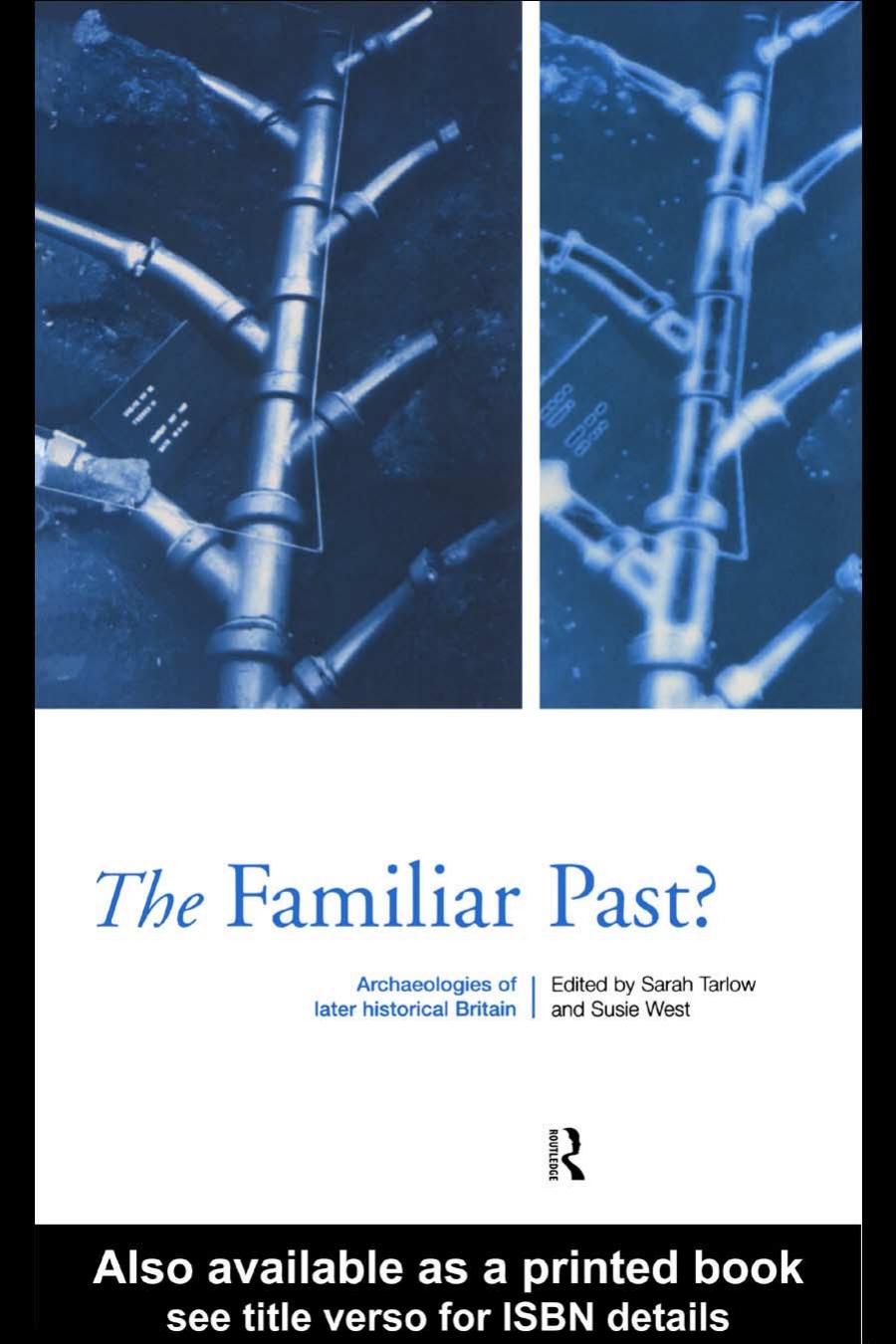

Most ebook files are in PDF format, so you can easily read them using various software such as Foxit Reader or directly on the Google Chrome browser.
Some ebook files are released by publishers in other formats such as .awz, .mobi, .epub, .fb2, etc. You may need to install specific software to read these formats on mobile/PC, such as Calibre.
Please read the tutorial at this link: https://ebookbell.com/faq
We offer FREE conversion to the popular formats you request; however, this may take some time. Therefore, right after payment, please email us, and we will try to provide the service as quickly as possible.
For some exceptional file formats or broken links (if any), please refrain from opening any disputes. Instead, email us first, and we will try to assist within a maximum of 6 hours.
EbookBell Team

4.8
24 reviewsThe Familiar Past surveys material culture from 1500 to the present day. Fourteen case studies, grouped under related topics, include discussion of issues such as:
* the origins of modernity in urban contexts
* the historical anthropology of food
* the social and spatial construction of country houses
* the social history of a workhouse site
* changes in memorial forms and inscriptions
* the archaeological treatment of gardens.
The Familiar Past has been structured as a teaching text and will be useful to students of history and archaeology.
The popular perception of archaeologists as people who dig up things from the prehistoric or classical world is being challenged. Archaeology, as the study of physical remains of the human past, includes the Victorian workhouse as well as the Bronze Age axe. This collection surveys material culture from 1500 to the present day and demonstrates how its study can bring a new understanding to what we think of as the familiar past.
The Familiar Past? draws together current interpretative work in Britain, explicitly influenced by recent methodological and theoretical developments. Fourteen case studies include discussion of issues such as the origins of modernity in urban contexts, the historical anthropology of food, the social and spatial construction of country houses, the social history of a workhouse site, changes in memorial forms and inscriptions, and the archaeological treatment of gardens.
The study of the material past can address complex social issues concerning power, identity and meaning. Using a multitude of sources – documentary, literary and material – historical archaeologists are well-equipped to examine these questions. The Familiar Past? is essential reading for students of archaeology and social history.
About the Editors
Sarah Tarlow is Lecturer in Archaeology at the University of Wales, Lampeter.
Susie West is completing her PhD at the University of East Anglia.